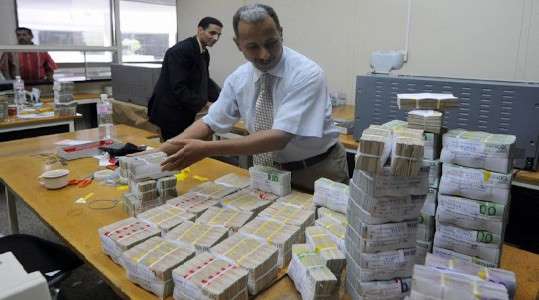Tunisian Central Bank Governor Marouane Abassi revealed a decrease in the balance of trade transactions for Tunisia, thanks to an increase in tourism revenues and a stronger dinar.
In a speech to the Parliament, he emphasized that "the deficit narrowed to 8.8 percent of GDP last year going down from more than 11 percent in the previous year," explaining that "the growth of tourism revenues by about 35 percent in 2019 contributed to the reduction of the trade deficit balance, in addition to the improvement in the price of the dinar, which has risen by up to 9 percent against the dollar and the euro during the past six months, after losing about 20 percent during the past years."
Abassi pointed out that "the IMF was in favor of the decline of the dinar to support exports, but our vision was different and we see that the decline of the dinar will raise inflation" and that the improvement of the exchange rate "will have a good impact on the trade deficit", explaining that Tunisia's reserves of foreign exchange increased significantly to 19 billion dinars ($6.72 billion) now, which covers 112 days of imports, compared to 14 billion dinars a year ago.
Source (Arab Newspaper-London, Edited)

